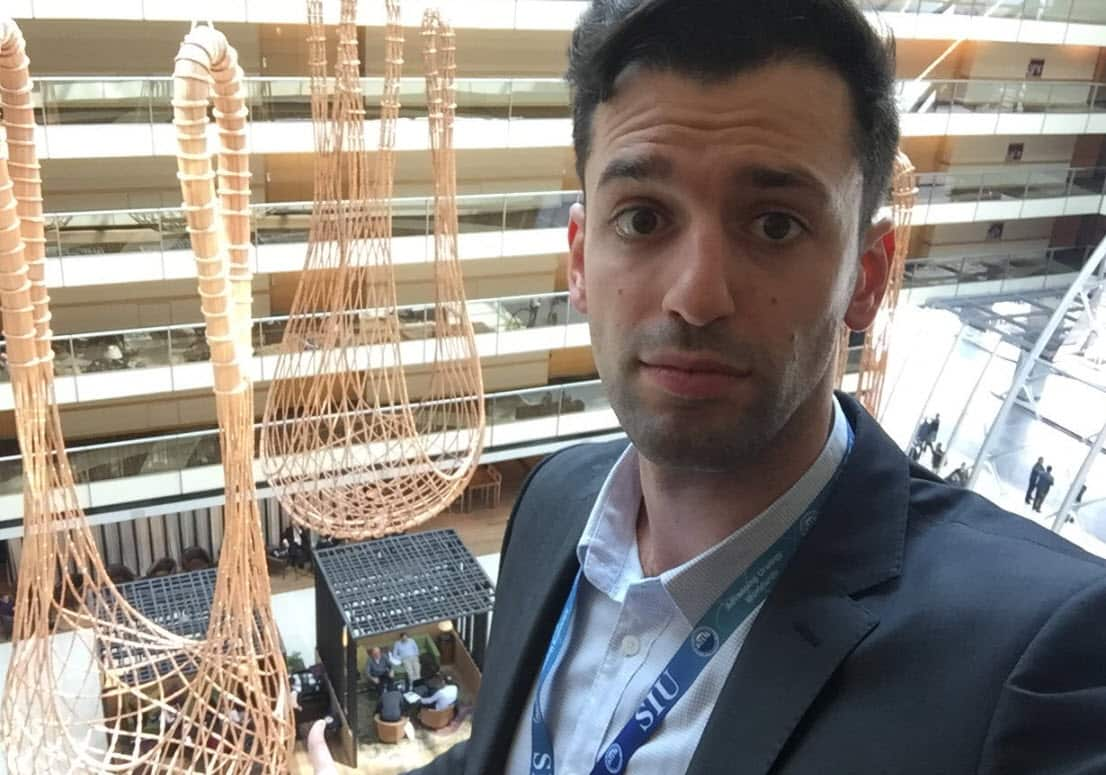The man fatally mauled by a shark at Cid Harbour in the Whitsunday Islands has been identified as Victorian doctor Daniel Christidis.
The 33-year-old worked as a urologist at Melbourne's Austin Health and died from the attack by an unknown species of shark at dusk on Monday.
An Austin Health spokeswoman says staff are being offered counselling after the "tragic loss".
"We are deeply saddened by the tragic loss of Dr Daniel Christidis who was a research fellow with Austin Health. Our thoughts are with his family during this difficult time," she told AAP in a statement.

It was the third serious shark attack in Cid Harbour in two months after Tasmanian woman Justine Barwick and Melbourne girl Hannah Papps were bitten in separate attacks in September.
Marine biologist Blake Chapman says it's hard to say what has changed and whether the three attacks indicate an increase in shark activity - but he believes more research should be conducted to find out.
"We need to be looking at the baitfish movement, we need to be looking at the water conditions ... any other factors that might be happening in that area that is obviously changing shark activity," Dr Chapman said.
"Because two months ago this wasn't an issue. It was pretty much unheard of in that area, so something has changed and that's what we need to be figuring out."
Drumlines were temporarily put in place to reassure the public in September after the first two attacks but won't be put in place again, the Queensland government says.
They are baited hook lines which catch sharks and other marine life, which then die or are later killed by fisheries officers.
Tourism Minister Kate Jones says expert advice suggests drumlines are not the most effective method of controlling shark populations.
"We are talking about a very vast area and certainly I would hate that the message got out that it was safe to swim in the Whitsundays when we can't guarantee that safety," Ms Jones said on Tuesday.
Signs will be installed by this weekend telling people no one should swim in Cid Harbour under any circumstances.
Tourism Whitsundays CEO Natassia Wheeler said they supported all efforts to inform visitors about the dangers of sharks in the area.

